China’s Communist Party faces up to slower growth years ahead
Focus is on longer-term economic issues, says party on eve of gathering where Xi Jinping is expected to secure third term.
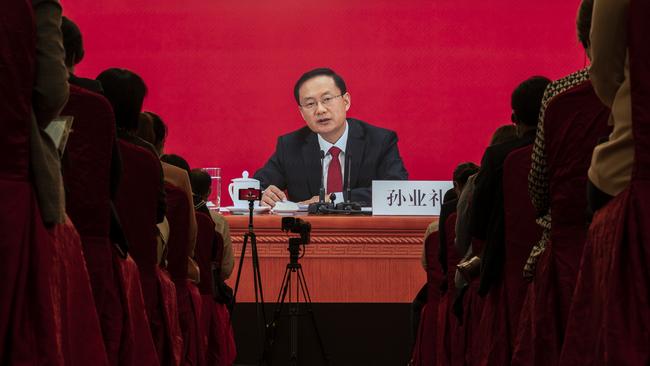
On the eve of a political conclave that will help chart the country’s path in the years ahead, China’s Communist Party says it is prepared to accept slower economic growth as it seeks to manage longer-term risks.
On Sunday, the party convened its 20th National Congress, a twice-a-decade gathering of top leaders, at which President Xi Jinping is widely expected to break with precedent and win a third term in power.
Speaking at a press conference in Beijing on Saturday, a spokesman for the Congress, Sun Yeli, said China’s pace of economic output was “no longer the only thing that matters”.
“The speed of growth is indeed an important yardstick of economic performance but not the only one,” Mr Sun said.
“Instead we focus more on fundamentally resolving the longer-term issues in the economy.”
Mr Sun acknowledged the downward pressure that China’s economy faces.
As a result, many economists have downgraded their expectations for China’s growth this year, and the country will almost certainly miss its stated target of about 5.5 per cent expansion of gross domestic product.
“Given the size of the Chinese economy, being the world’s second-largest, it is no easy task to maintain such speed of growth as it shifts to high-quality development,” Mr Sun said.
A big reason for the lacklustre growth, with GDP expanding just 0.4 per cent in the second quarter compared with a year earlier, is China’s stringent approach to controlling the spread of Covid-19.
Despite the widespread availability of vaccines, China continues to strictly control the movements of people and has at times resorted to locking down entire cities, including the economic hub of Shanghai. Such measures have increasingly frustrated many Chinese people.
Mr Sun defended China’s approach to the virus and provided no hint at when or if the country might change course.
Many Chinese and foreign executives, who have been cut off from their offices in China as well as their vendors and customers since the pandemic began, have been hoping for a change in China’s so-called “zero Covid” policy after the National Congress ends.
“All things considered, China’s Covid response measures are the most cost-effective and have worked the best for our country,” Mr Sun said. “We firmly believe that light is ahead of us.”
The handling of Covid-19 is just one of several issues facing China’s economy. Besides the virus, disruptions stemming from the war in Ukraine, a sharp slowdown in China’s real-estate sector and worsening tensions with the US all present risks.
On Sunday, Mr Xi delivered a closely watched report that reviewed the party’s work over the past few years and provided insights on its priorities for the years ahead. Mr Sun said the National Congress would conclude on October 22, after which the country’s new Politburo Standing Committee, China’s top decision-making body, will be unveiled.
Since coming to power in 2012, Mr Xi has fostered increased nationalism alongside a greater role for the state in economic development, hallmarks of his administration that most analysts believe will continue if he succeeds in keeping power. Many private businesses have been squeezed as Mr Xi has prioritised the role of state-owned companies.
Ties with the US have sharply deteriorated during Mr Xi’s first decade in power.
The relationship has been battered by many issues, including the trade war by the Trump administration, rising tensions over Taiwan and most recently by the Biden administration’s efforts to restrict US exports of advanced chips and chip-making equipment to China.
At the press conference, Mr Sun struck a softer tone towards the US compared with other recent official statements. He said the most pressing issue in international relations over coming years will be for the US and China to find a way to get along.
“We take the view that China and the US have more common interests than differences,” he said. “A sound and stable bilateral relationship serves the common interests of the two peoples.”
The Wall Street Journal

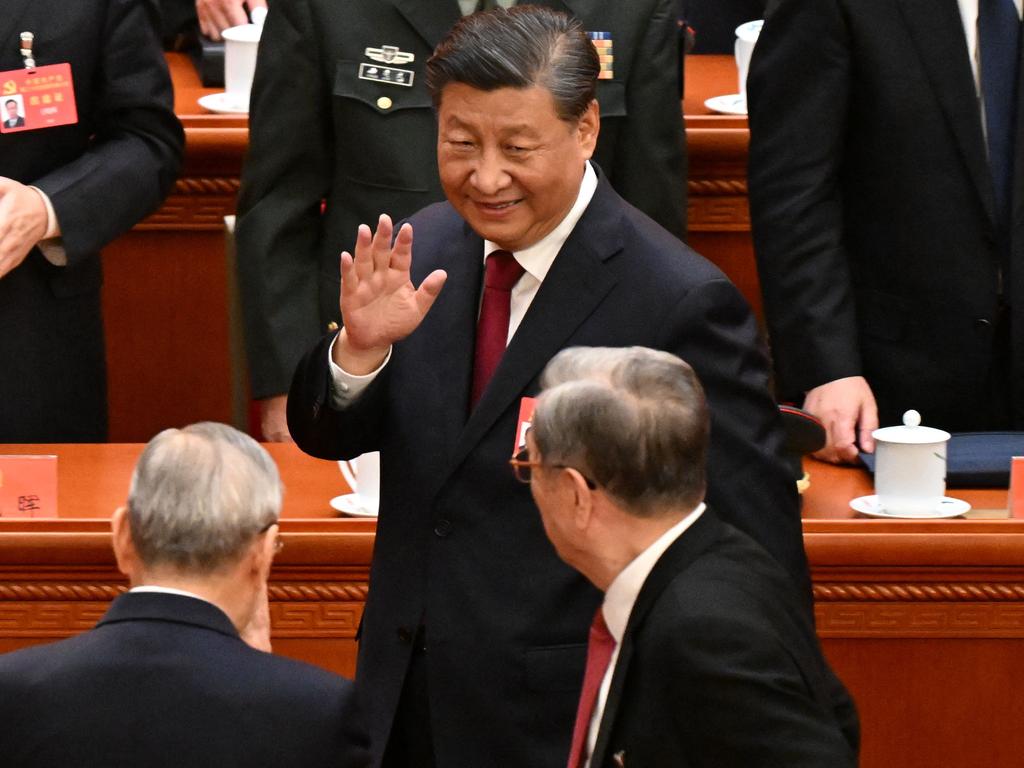
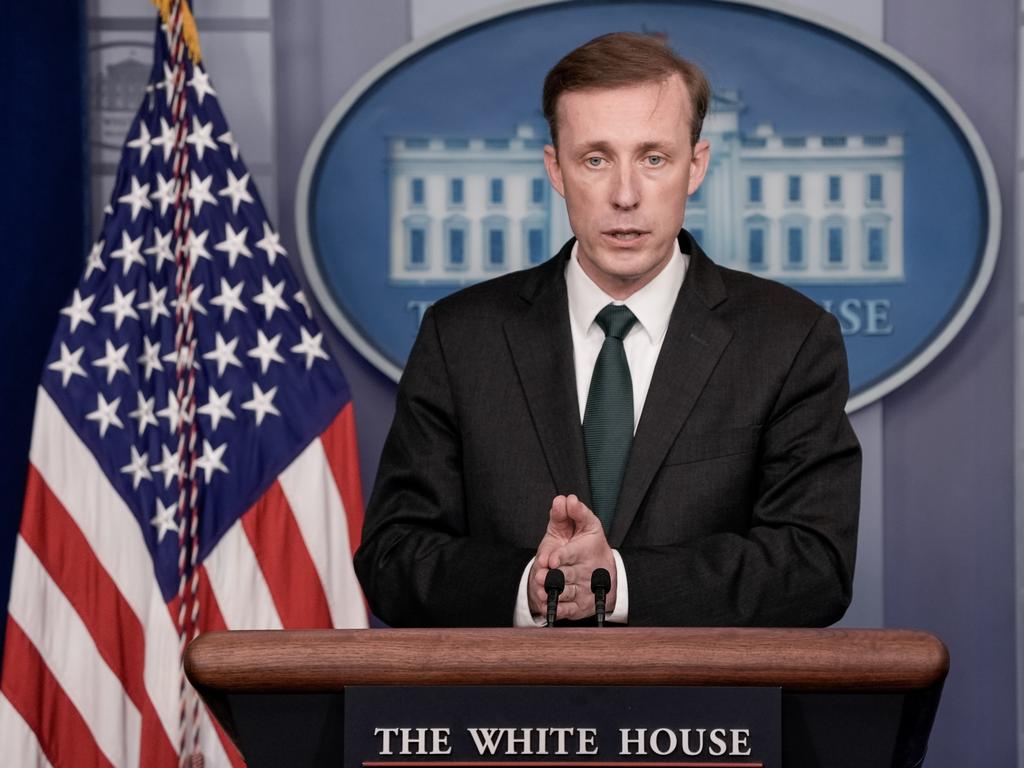
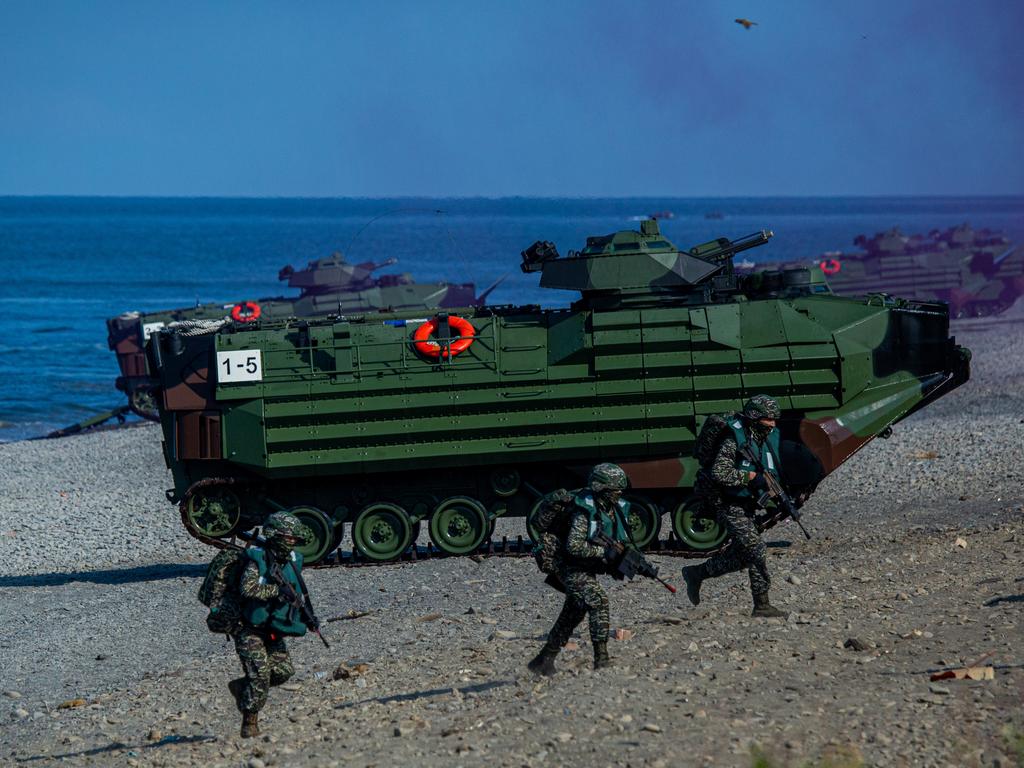
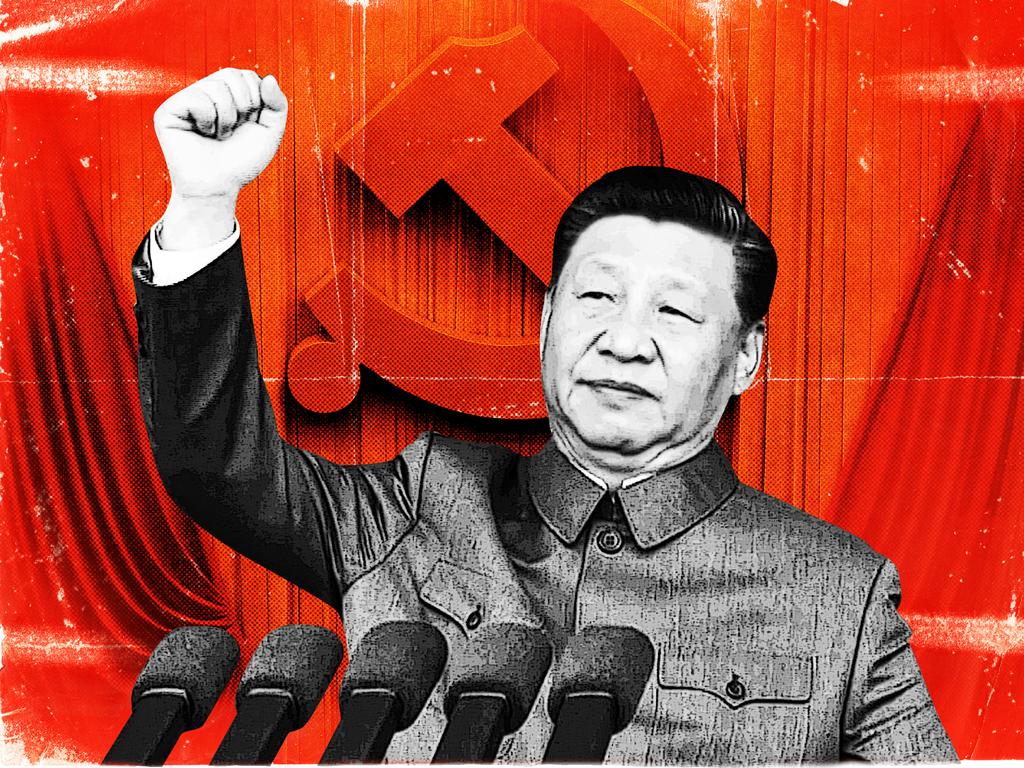


To join the conversation, please log in. Don't have an account? Register
Join the conversation, you are commenting as Logout